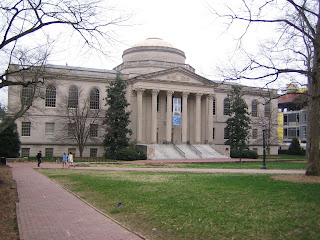I followed the path of the mad libertines for years--
Long enough, until I was able, with the consent
Of intelligence, to put my greediness into prison.

I didn't find the way to the nest of the great bird
Of the far mountain by myself. I made
The trip with the help of the bird of Solomon.

Seek satisfaction in what comes contrary
To your habit. I found interior concentration
At last in your disheveled head of hair.
Bring a cooling shade over my interior burning--
You are a hidden treasure--because it is out of the melancholy
Of desire for you that I have wrecked this house.
I repented and swore that I would never kiss
The salty lip of the cup-bearer again; but now I am biting
My own lip, and I wonder why I ever listened to an idiot.
Being a model of modesty or drunkenness
Is not up to us. Whatever the Master
Of Pre-Eternity told me to do, I did.
Because of the grace of Pre-Eternity, I have a longing
For the Garden of Paradise, even though I spent
Long years as a doorkeeper in the tavern.
Here at the door of old age, the fact that the companionship
Of Joseph has graced me is a reward for my patience
When living like Jacob in his house of sorrow.
No reciter of scripture who stands in the mihrab
Of the Firmament has ever enjoyed such delight
As I have received from the wealth of the Qur'an.

[tr. Robert Bly and Leonard Lewisohn].
.jpg)































